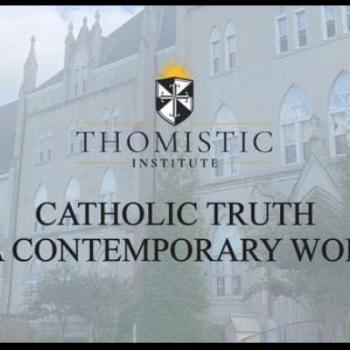The other side of my writing life of course, has been trying to write great stories, and that's where I come into Brennan's story in a small way here toward the end. As he looked back on his career, on his life, Brennan realized that he wanted to leave behind a story that dramatically illustrated his great theological themes, to a novel that might reach people who encounter God best through story. Our agents brought us together, Greg the novelist and spiritual writer, Brennan the preacher and spiritual teacher, and it wasn't hard to decide what we would do; we would retell one of his favorite stories, the Parable of the Prodigal Son and of his loving Abba, or Father.
I finished the book in the early morning of March 11, and last week our agents sent the novel out to publishers. I could not be more pleased with it, because I think it does what both of us wanted to do: tell an important and life-giving story well. Jack Chisholm, the hero of The Prodigal, is, like all of us, a person hoping to do right and falling short. He is a Christian who believes that God is more judging than loving, a Father who follows to accuse, not to rescue. But as Brennan discovered through his life, as I have discovered through mine, and as I hope you have discovered in yours, Jack comes to understand that the Father in the Parable of the Prodigal Son is a figure of radical love, radical grace, and radical forgiveness who comes to meet the son and welcome him home.
Speaking a few years ago, Brennan summed up this message. He said that Jesus comes to each of us and says,
I have a word for you. I know your whole life story. I know every skeleton in your closet. I know every moment of sin, shame, dishonesty, and degraded love that has darkened your past. Right now, I know your shallow faith, your feeble prayer life, your inconsistent discipleship, and my word is this: I dare you to trust that I love you just as you are and not as you should be, because you're never going to be as you should be.
That truth doesn't mean we don't strive to do better. But, as Jack learns in The Prodigal, as Brennan learned in life, we don't seek to do better so that we can earn God's love.
God already loves us, seeks us, knows us, and his judgment is always tempered by mercy and grace.
Brennan wrote in The Ragamuffin Gospel that he thanked God for a God that didn't treat him as his sins deserved. "On the last day when Jesus calls me by name, 'Come Brennan, blessed of my Father,' it will not be because Abba is just, but because His name is mercy."
Now, Brennan knows the truth of this firsthand. He has heard Jesus call his name, and this Prodigal has gone home to the Father who loves him.
Into your hands, O merciful Savior, we commend your Servant, Brennan.
Acknowledge, we humbly beseech you, a sheep of
your own fold, a lamb of your own flock, a sinner of your
own redeeming. Receive him into the arms of your mercy,
into the blessed rest of everlasting peace, and into the
glorious company of the saints in light. Amen.
May his soul and the souls of all the departed, through the
mercy of God, rest in peace. Amen. (From The Book of Common Prayer)





